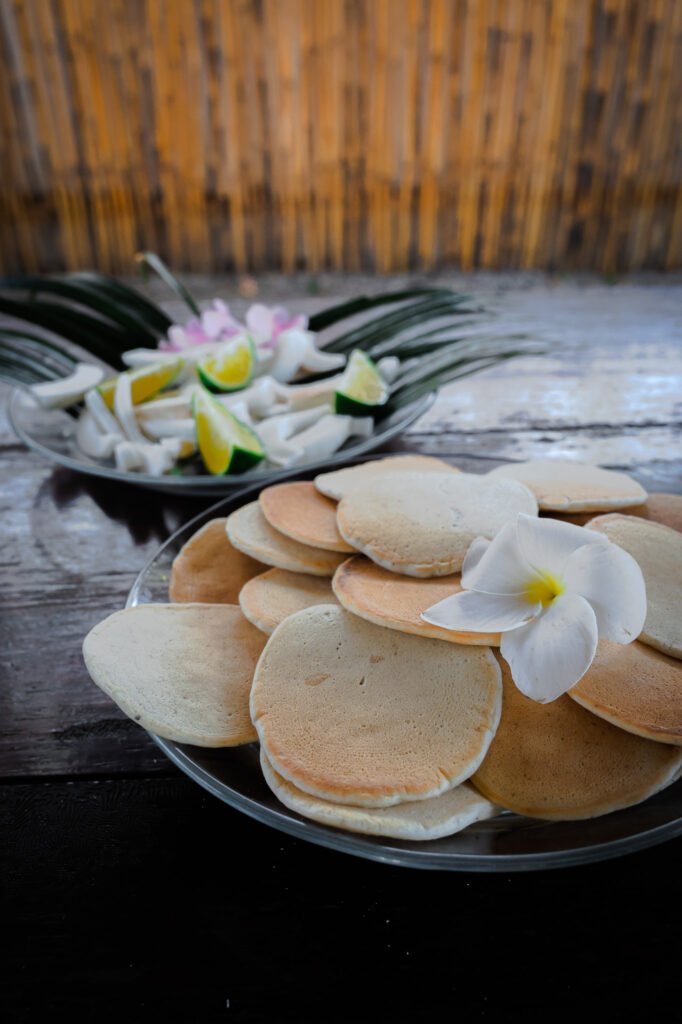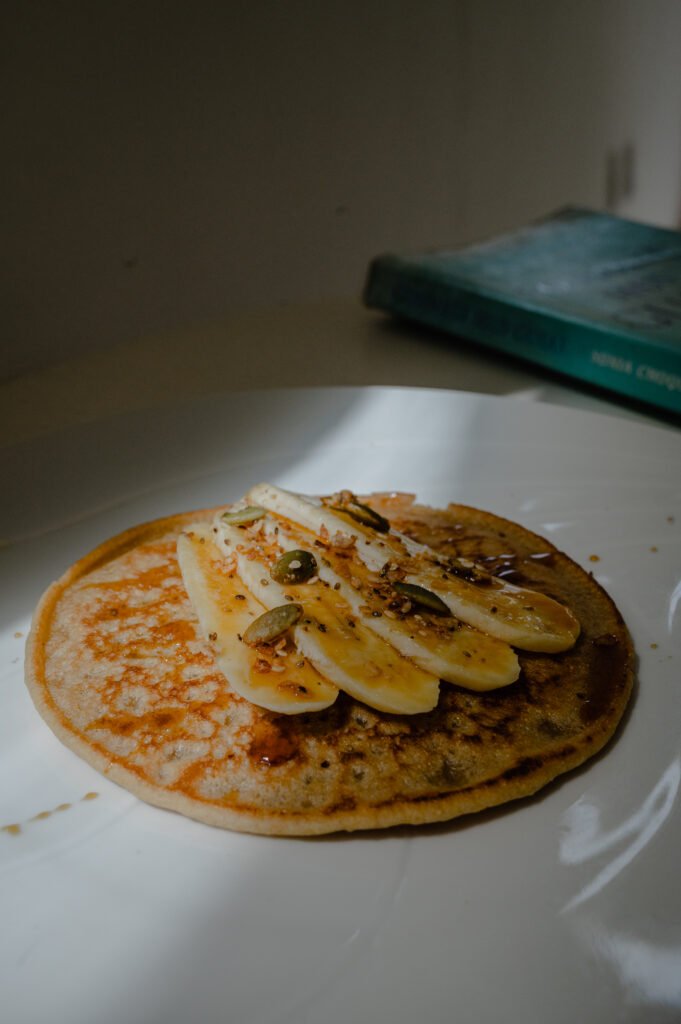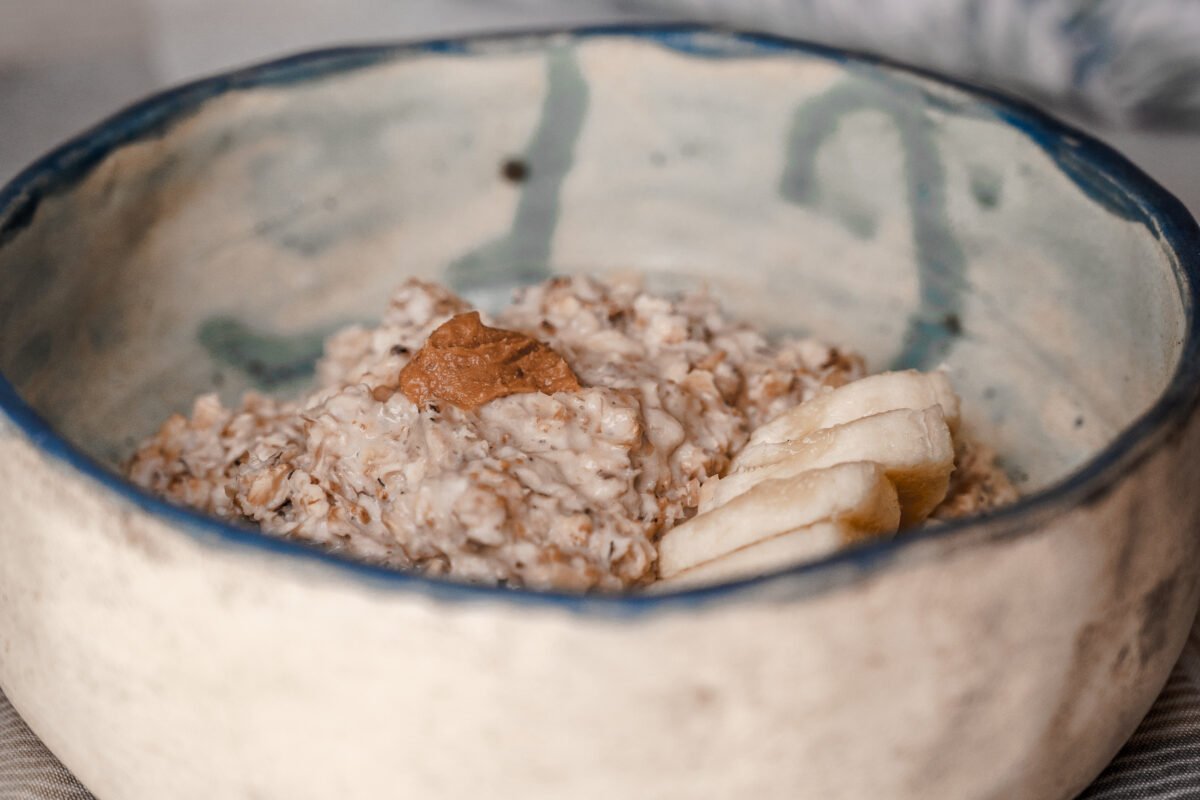How can the act of cooking be a powerful expression of self-love? This question delves into the intricate relationship between culinary creativity and self-care. Cooking, often viewed as a routine chore, can transform into a profound act of self-love when approached with mindfulness and intention. When we prepare a meal for ourselves, we invest time and effort into nourishing our bodies and satisfying our senses. This process can boost our self-esteem and overall well-being, as we prioritize our nutritional needs and indulge in the pleasures of taste and aroma. Moreover, cooking allows for creative self-expression, enabling us to experiment with flavors, ingredients, and presentation, fostering a sense of accomplishment and self-discovery. By exploring this connection between cooking and self-love, we uncover how a seemingly everyday task can become a powerful means of self-care and self-expression.

Sometimes, meals aren’t just about eating…
They are events.
Diana Henry
The Culinary Mosaic of Cultural Identity
Food is a universal language, one that transcends borders and transcends time. It is a vessel through which we can express our cultural identities and share our stories. Every dish, spice, and recipe carries with it a piece of our heritage, a connection to our ancestors, and a reflection of our values.
In our globalized world, the boundaries between cultures blur, leading to a delightful fusion of culinary traditions. But it’s crucial to remember that as we explore and embrace new flavors, we should never lose sight of the significance of our own cultural cuisine. Cooking and enjoying the dishes of our ancestors can be an act of reverence and a way to maintain a strong sense of self amidst the ever-changing currents of culture. What we eat defines us, not just in the literal sense of nutrition but as individuals with values, preferences, and a connection to our roots. Whether it’s the Southern soul food of the United States or the intricate spices of Moroccan cuisine, our food choices are a way to honor our origins, connect with our families, and affirm our sense of self.

Veganism: A Compassionate Choice
Veganism is the embodiment of compassion in food choices. It’s a lifestyle that abstains from animal products, driven by a deep respect for all sentient beings and an understanding of the ecological footprint of animal agriculture. Beyond its ethical roots, veganism promotes health and well-being by encouraging the consumption of whole, plant-based foods. Embracing a compassionate approach to food is a choice that transcends personal preference—it’s a conscious decision to make the world a kinder place. Choosing plant-based, cruelty-free, and environmentally sustainable options is a powerful act of compassion. It’s a commitment to reducing harm to animals, mitigating climate change, and promoting ethical farming practices.

A Journey of Self-Discovery and Self-Love
For those who choose veganism, it is a transformative journey. It’s an opportunity to explore a world of flavors and ingredients that might have remained undiscovered. Vegan cooking challenges creativity, encouraging the use of vegetables, grains, and legumes in innovative ways. This journey fosters self-discovery and self-love as individuals align their choices with their values, forging a connection between their identity and their plates.
The Global Impact of Compassionate Choices:
Compassion in our food choices extends beyond personal boundaries. It has a ripple effect that reaches the far corners of the world. By reducing our consumption of animal products, we reduce the demand for intensive animal farming practices, which often harm both animals and the environment. This, in turn, contributes to a more sustainable and compassionate global food system.

Here are some valuable pieces of advice on how to embark on this journey of self-love through cooking:
1. Choose High-Quality Products: Remember the age-old adage, “You are what you eat.” If you aspire to lead a fulfilling life, it’s essential to make informed choices about the food you consume. Opt for organic, fresh, and “live” foods to maximize the nutritional value of your meals. Treating your body to wholesome ingredients is an act of self-love that pays dividends in your overall well-being.
2. Feed Yourself Right: Nourishing yourself adequately requires a balanced diet tailored to your activity level. Consume the right proportions of fats, carbohydrates, and proteins to fuel your body optimally. Avoid overeating, which leaves you feeling sluggish, and steer clear of starvation, driven by societal beauty standards. Instead, aim for a balanced approach that reflects your true self-worth.
3. Make It a Ritual: Transform cooking into a cherished ritual. Play your favorite music, dress comfortably but elegantly, and savor the aroma of each ingredient as you prepare your meal. Infuse your culinary creations with aesthetic appeal and let your creativity shine. Cooking provides an opportunity to be present in the moment, to disconnect from life’s worries, and to appreciate the act of nourishing your body as an act of self-love.
4. Preplan Your Next Meal: The choices we make when hunger gnaws at us are seldom the best ones. The pressure to satisfy our immediate cravings can lead to hasty decisions and unhealthy choices. To avoid this, take the time to preplan your meals. This literally saves time, money and health.
5. Acknowledge Yourself: If you have the financial means, consider consulting with a nutritionist. Their professional guidance can help you optimize your diet and foster a deeper connection with the art of cooking. If this isn’t feasible, explore reputable online resources that offer insights into good eating habits and nutrition. However, exercise caution and ensure you rely on credible sources, rather than blindly following the advice of popular food bloggers.

In this intricate dance of culture, identity, and compassionate choices, food becomes a bridge that unites us. It transcends borders and ideologies, offering a shared experience of pleasure, nourishment, and understanding. As we continue to explore the profound impact of what we eat, we recognize that our plates hold the power not only to sustain our bodies but to nurture our souls, celebrate our cultures, and embrace a more compassionate world for all beings.



